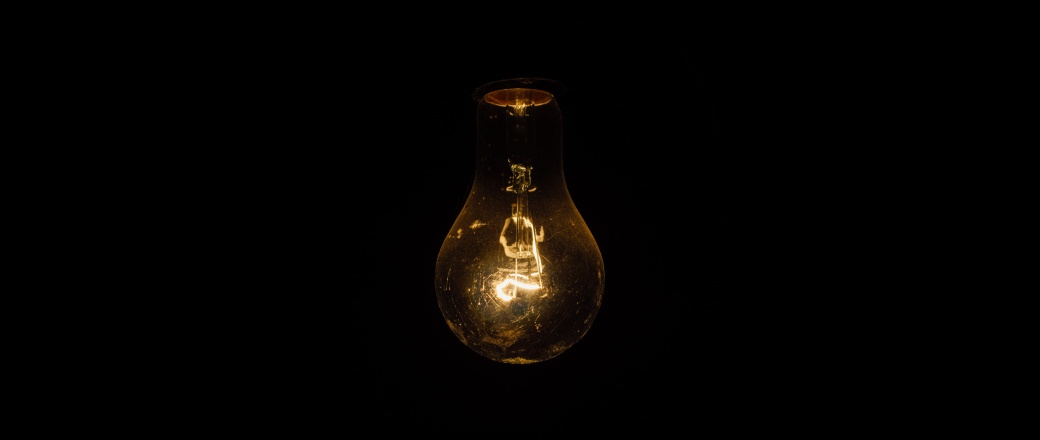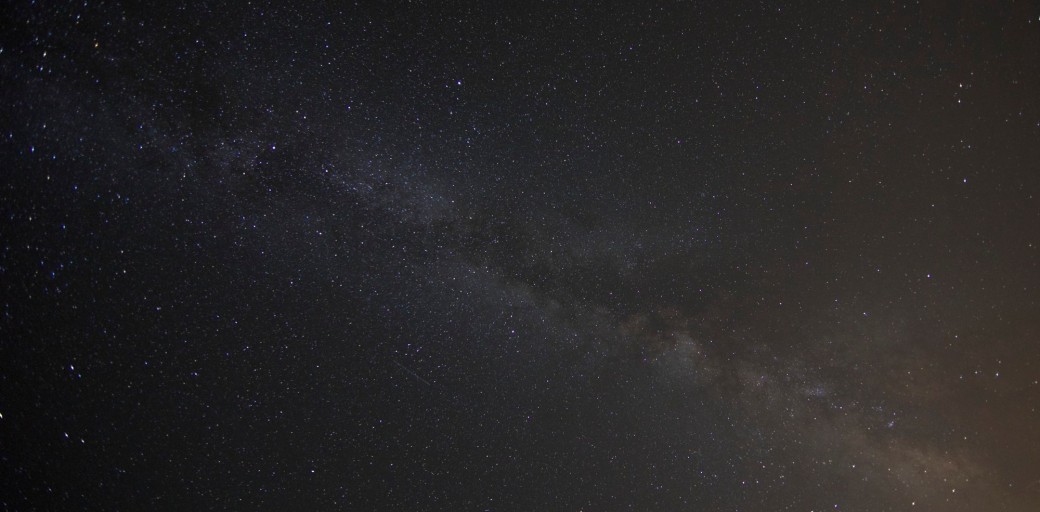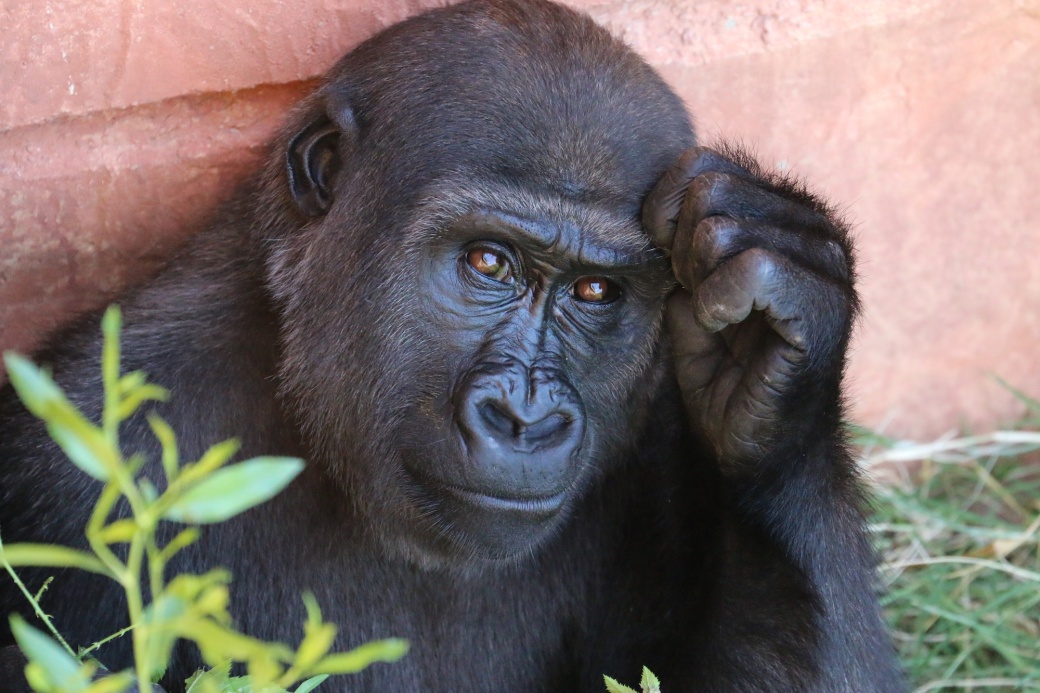
Photo Credit: Rodion Kutsaev via Unsplash.com
Good lord on a bicycle we humans are a comparative species aren’t we? We can’t seem to avoid measuring everything against something that came before. It’s like a… ahem. Right.
This train of thought was send careening out of the station by an article from back in January of this year about a remarkable young woman named Sabrina Pasterski.
The article describes how Pasterski, now a 22 year old first-generation Cuban-American born and bred in the suburbs of Chicago, not to mention an MIT graduate and Harvard Ph.D. candidate in physics caught the eye of the top professors at MIT when she built her own single engine plane. At 14. So far, she’s caught the attention of the best and brightest of the propeller heads at NASA and even Jeff Bezos, founder of Amazon and aerospace company Blue Origin, promising her a job whenever she’s ready.
Her physics work has revolved around semiclassical Virasoro symmetry of the quantum gravity S-matrix and Low’s subleading soft theorem as a symmetry of QED. Obviously.
A remarkable young woman indeed.
To the author’s credit, the article doesn’t delve deeply into the fact that Pasterski has never had a boyfriend, because honestly, it’s not important. I point that out only because often articles written about remarkable women spend inordinate amounts of time focused on things that seem at best, irrelevant, and at worst, a distraction from the achievements of the woman in question.
I could go on and on about such thing, however the shadows grow long and I must return to the the point of my essay, lest I lose you to the beguiling black hole of vacuous diversion and distraction that is the World Wide InterWeb-Net.
I began this essay by suggesting that humans are an incredibly comparative species: it seems like ages ago doesn’t it? We’ve been through so much together since then. But we can pick up from where we began. The headline of the article states that this amazingly talented and obviously brilliant young woman could be the “next Albert Einstien.” That’s quite an honour to bestow on a 22 year old, and as far I can tell, it’s entirely warranted. It got me to thinking about how as humans we use comparison to measure and grade our world.
I admit that my immediate, knee-jerk reaction to the headline was, “Well that’s all well and good, but instead of the next Einstein, why can’t she be the first Pasterski?” Upon reflection, I realized that this is just our way of understanding the significance of this young woman’s brilliance. As much as we would love to be judged on our own merits alone, it can be difficult to fathom without some sort of comparison.
This is, of course, science at its best. Incredible discoveries by one person are often built upon the work of others, either by confirming or refining previously held theories, or by using existing ideas to discover entirely new ways to look at the universe. As Newton has reportedly said, “If I have seen further, it is by standing on the shoulders of giants.”
Using my earlier logic of stating that this young woman should be called the “first Pasterski” in stead of the “next Einstein” might seem like a noble attempt at applauding her obvious brilliance and individuality, but it would mean nothing to anyone not familiar with her or her work. It also discounts the idea that her discoveries are built on the foundations of those who came before, and so on.
This in no way diminishes Pasterski’s intelligence, skill or contributions – the ones she’s making now and those she will no doubt make in the future. To use a slightly different example, many believe – rightly as I see it – that Susan Sontag was a brilliant (if polarizing) writer and essayist. It takes nothing away from her achievements to point out that she didn’t invent the English language, nor did she invent the formats in which her words appeared. It seems like a silly thing to suggest, but it’s no different than trying to diminish a scientist’s discoveries because they were based on the work of others. (Something I once heard someone try to do.)
I do sincerely hope that some time in the future an article is written about another remarkable young person, proclaiming them to be the “next Pasterski.” Judging from what I’ve seen, that future looks quite possible.
We are, it seems, a comparative species, because it allows us to understand value. We require a benchmark, something to judge things and people against in order to understand it’s place. In an ideal world, we could accept things as valuable simply on the strength of their very existence and by their own unique merits. However, this world is not at all ideal.
It’s far more interesting than that.







